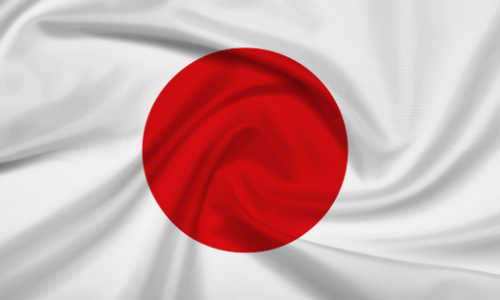Japan’s Fair Trade Commission (JFTC), in collaboration with the Cabinet Secretariat, has released new guidelines aimed at safeguarding entertainers who seek to change agencies or pursue independent careers. The measures, announced Tuesday, emphasize that obstructing artists from such moves could violate anti-monopoly laws and lead to penalties, according to a statement.
The guidelines stress the importance of balanced relationships between artists and talent agencies. “In order for high-quality performances to be delivered, it is important that artists are able to fully demonstrate their abilities,” the commission noted in its release. Per a statement, this framework is designed to create an environment where performers and agencies can reach clear mutual agreements and form fair contractual ties.
A JFTC survey conducted last year revealed that many entertainers had faced barriers from agencies when attempting to work independently. One of the recurring issues, the findings showed, stemmed from ambiguous contract terms. Roughly 30% of agencies surveyed had failed to explain contracts thoroughly to their artists, according to the commission.
To address these concerns, the new rules stipulate that critical contract terms — such as duration and penalties for early termination — must be specified upfront. The guidelines also call on agencies to be particularly careful with younger performers, ensuring conditions are explained in detail and that artists have the option to consult third parties before signing.
Additional protections were outlined for matters involving stage names. Agencies are barred from imposing restrictions on their use without legitimate reasons, and in cases where such restrictions are justified, performers may still be granted usage rights, such as through a licensing arrangement. According to a statement, these conditions must be discussed thoroughly with performers in advance.
Broadcasters are also expected to provide written contracts that clearly state pay, duties, and working hours for artists.
The issue of stage names has previously made headlines. In 2016, actor Rena Nonen was forced to change her professional name after leaving her former agency, which retained the rights to the moniker she was best known for. In another high-profile case, the JFTC issued a warning in 2019 to Johnny & Associates over allegations the company pressured broadcasters not to hire three former SMAP members following their departure from the agency.
Source: Japan Times


AloJapan.com